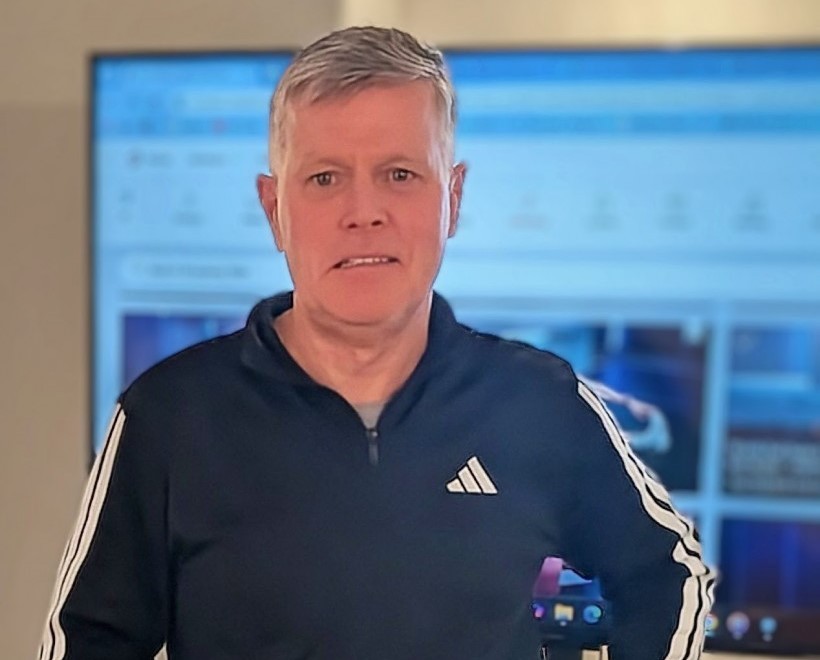More than a decade after encountering skeptics at a conference, Mark Dobbin feels vindicated for his faith in Atlantic Canadian entrepreneurs.
The Founder and President of St. John’s-based Killick Capital Inc. was reminiscing lately about how he felt when attending an event for venture capital investors in Halifax in 2004 – about the time he launched his investment firm.
“They were discussing VC in Atlantic Canada and the theme seemed to be there aren’t enough good companies,” said Dobbin in a phone interview. “We disagreed with that then and we were proven right.”
He paused for a moment and added, “I don’t think I encounter that sentiment any longer.”
Nothing could validate Dobbin’s decade-old investment strategy more than the performance of Killick in the past year-and-a-half. The fund, which largely manages investments for the Dobbin family, has recorded two exits and joined a fresh investment round for one of its portfolio companies, Celtx. One company has had troubles, but overall Killick is on a roll and is pondering new investments.
A tall, lean man with a warm smile, Dobbin was perpetuating his family’s gift for entrepreneurship when he and Tom Williams, the Vice-President of Investments, began Killick. His late father Craig Dobbin was a larger-than- life figure who built up his helicopter fleet into CHC Helicopter Corporation, the world’s largest helicopter company. Mark Dobbin has continued the family love of aeronautics, so one of the two funds it manages is the Killick Aerospace Group. The other is known as its Atlantic fund, though it makes some investments outside the region.
Based in the Dallas suburb of Carrollton, Texas, Killick Aerospace sold four of its six divisions earlier this year to Alexandria, Va.-based transport support company VSE Corp. The sale will gross the Newfoundland investment firm about US$229 million (C$286 million). Killick is now growing the two remaining divisions, which are involved in aircraft parts supply and engine field services.
The units that Killick sold are also subject to an earn-out, meaning the final pay is tied to their future performance, so Dobbin still has to work on them. But he and Williams are also repositioning their Atlantic Canadian investments after a year of major shifts.
The biggest change came last year when Killick successfully exited its investment in financial software company Verafin. California private equity company Spectrum Equity invested $60 million in the St. John’s company and bought out several early investors including Killick.
The next change to the Killick portfolio came in late 2014 when Halifax-based Build Ventures invested $3 million in Celtx, a St. John’s producer of software for the film industry. Killick, which had previously invested $1.5 million in Celtx, joined the round with a $300,000 investment.
“That business is going through an exciting growth phase and we’re enjoying that,” said Dobbin. “They’ve just hired a new CFO and moved into a larger space and they’re just kicking it up a notch.”
Killick is continuing to develop Max, the chain of family recreation and arts centres, starting with a few facilities in St. John’s. Dobbin considers Max a mix of business and community service, and is committed to continuing with the project.
The problem patch in the Killick landscape has been its investment in the Ottawa company Plasco, which is developing a plant at which energy can be produced by burning waste. The company filed for creditor protection recently. Though Dobbin admits it “will not be a successful investment” he is quick to add he learned a lot from the experience.
“Don’t be seduced by the technology,” he said. “And don’t get involved in a company that grows their cash burn to the point that you’re not able to fix it. We’re not blaming the board or management but the cash burn was beyond our ability to fix.”
Overall the fund is in a strong position after two exits. Dobbin and Williams are considering new investments. They’re willing to join small deals as a co-investor outside the region as long as they’re invited into the deal by a VC partner they know and trust. And they’ve got a list of Atlantic Canadian companies that may soon be ripe for an investment. And in comparison to the environment in Killick’s early days, there are more good companies and more funders.
“One of the benefits we had five years ago is there had been a dearth of equity capital at the time,” said Dobbin. “There’s still an element of that now but the pipeline is better and there’s more people investing now. Everything is moving in the right direction. I’d like it to move faster but you can only do so much at one time.”
This article originally appeared in our most recent Entrevestor Intellignce report.










